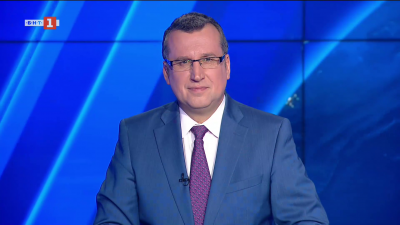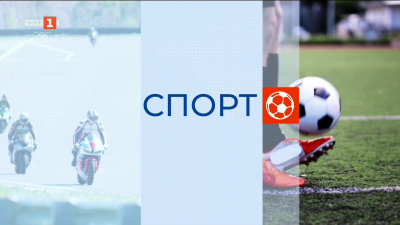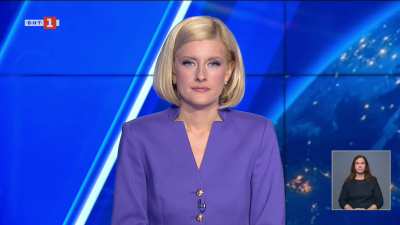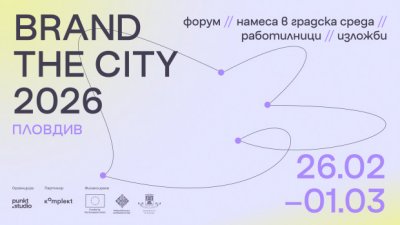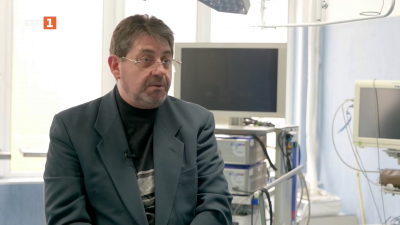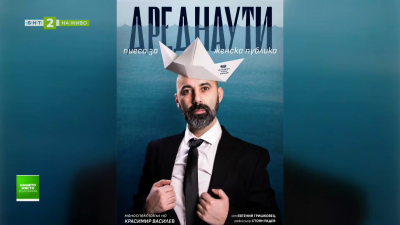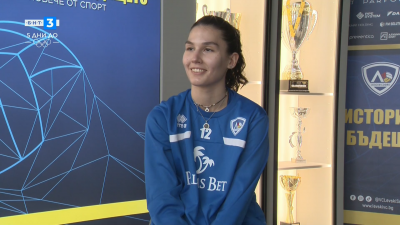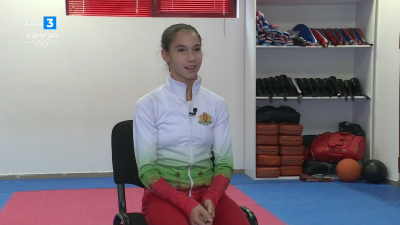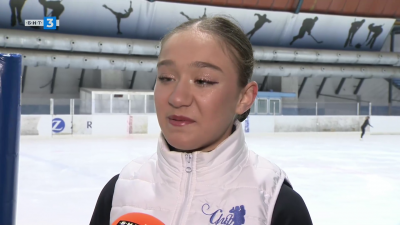Sofia Municipal Council assigns Mayor to ask state to relocate Soviet Army Monument
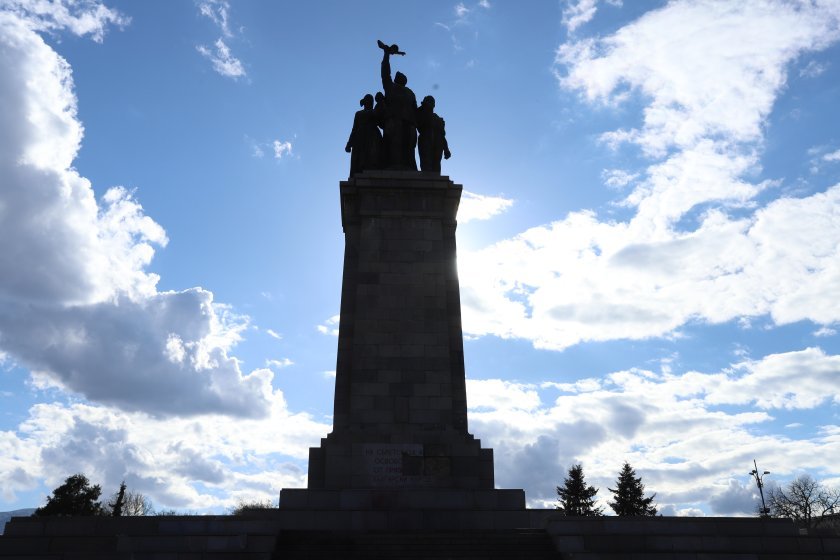
After a long-lasting saga, many scandals and debates, political and public clashes, Sofia City Municipal Council on March 9 decided conclusively to propose the relocation of the Soviet Army Monument.
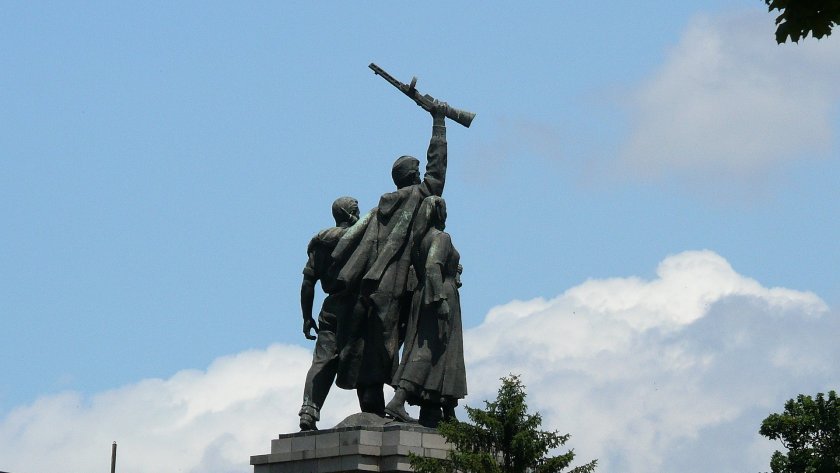
Even before the expected decision of the municipal councillors, the monument in the Princely Garden was surrounded by a human chain of people who are against its dismantling and moving. In parallel, a second protest was held in front of the Sofia Municipality building. In the end, the two demonstrations united and the dissatisfied people pelted the facade of the Municipality with eggs and red paint.
The Metropolitan Municipal Council passed the motion to move the Monument with 41 votes in favour, 13 against and 1 abstention. This was done with the support of the votes of "GERB-UDF", "Democratic Bulgaria", "Patriots for Sofia" and independent municipal councilors.
The municipal councillors will assign the mayor to ask the district governor to move the monument from the Princely Garden (Knyazhevska Gradina) to the Museum of Socialist Art or to find another state site.
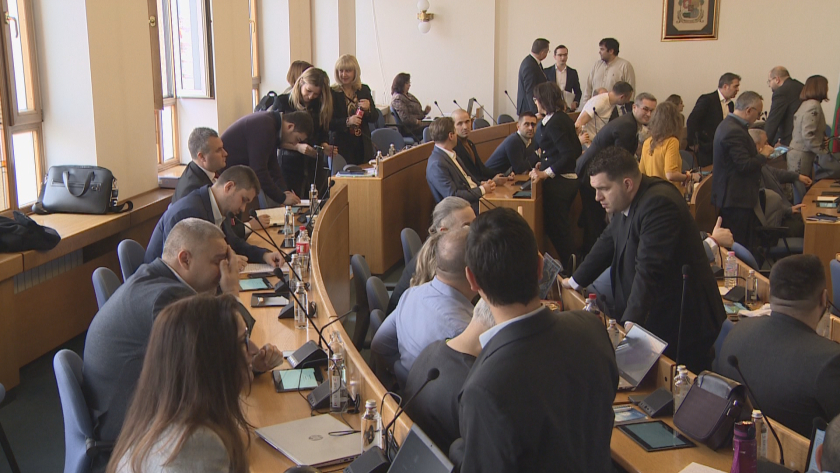
It took more than an hour for the councillors to decide the fate of the Soviet Army Monument. The chairman of the Municipal Council had difficulty bringing order during the meeting, because the debate was accompanied by personal attacks, booing and heckling.
Earlier today, defenders of the monument surrounded it with a human chain. There was also a protest in front of the municipality.
With a human chain protesters spoke against the relocation of the Soviet Army Monument
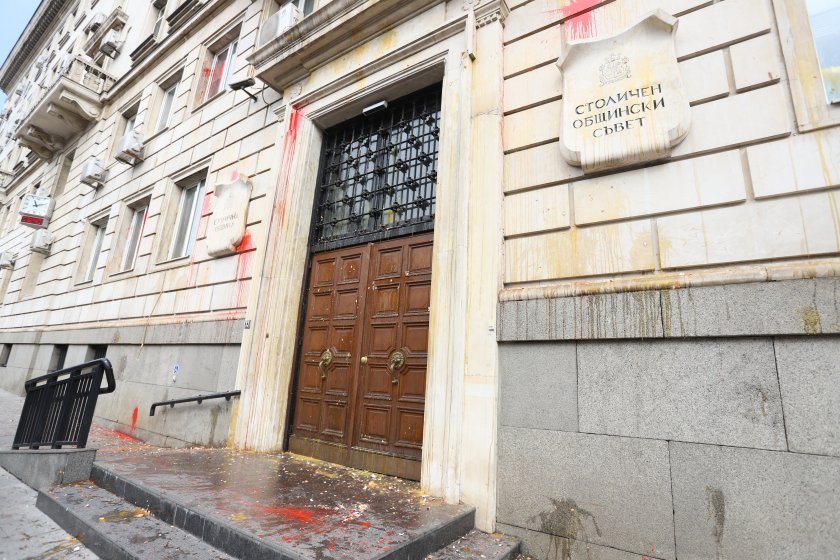

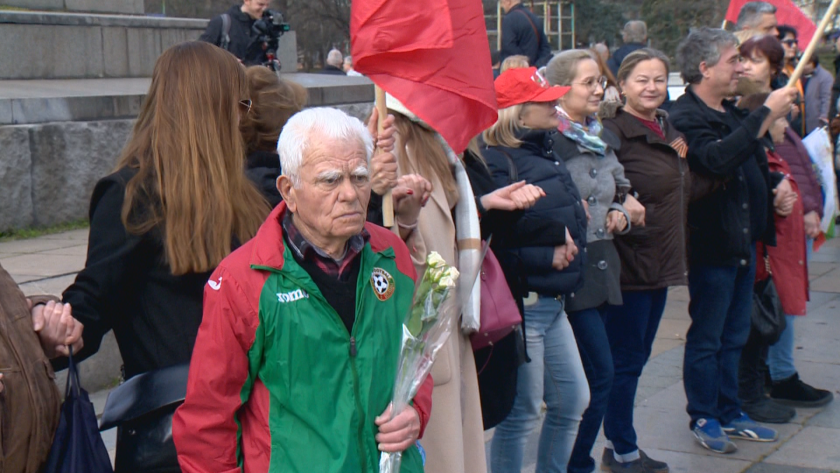
Defenders of the Monument united by blocking traffic on Moskovska Street and pelting the municipality building with eggs and red paint.
In the meeting room, opponents of the proposed move said it was legally unjustified because the monument was designated an immovable cultural property in 2018.
"The majority in this council has as much power over the Soviet Army Monument in Sofia as it does over the Soviet Army Monument in Vienna. This decision has no legal value, the monument is the property of the state and the municipal council cannot speak for its relocation," said Ivan Takev, chairman of the BSP City Council.
However, 41 councillors supported the decision, 13 voted against and there was one abstention. Next, the city councillors instructed the mayor to ask the governor to move the monument from the Princely Garden (Knyazhevska Gradina) to the Museum of Socialist Art or to another government site.
The proposal has been on the table since 2020, but was not adopted until now. The district governor has the final say.
"The governor is ultimately in a very delicate situation because if he refuses to move the monumnet, he has to find hundreds of thousands of BGN to renovate it because it is dangerous to people's health and lives and literally, as well as metaphorically, to our dignity," said Martha Georgieva, a councillor of “Democratic Bulgaria”.
The report adopted today provides for the chief architect to launch a competition procedure for the Detailed Development Plan and for the public space around the Soviet Army Monument to have a new look.
This is not the first time the Municipal Council has decided to move the monument. Such a decision was made 30 years ago, but the dismantling was stopped by a verbal order of then Minister of Interior, Viktor Mihailov. According to the caretaker Prime Minister, the period of the election campaign is a highly inappropriate time to decide on the future of the monument.
"Politicians should not pit people against each other, but look for joint solutions so that politicians leave this topic for after the elections in a calm environment to seek the best solution," said PM Donev.
The Monument to the Soviet Army was built in 1954. After November 10, 1989, (the date regarded as the start of the Bulgarian transition to democracy), the monument became the subject of heated debates about its meaning and future. After 2011 and to this day, the monument is a frequent target of protest actions, which have intensified since the beginning of the war in Ukraine.
Get the latest news wherever you are!
Follow us on
Facebook
and
Instagram
Follow BNT’s YouTube channel
You can now also watch us on
TikTok
Find us on
Google News







